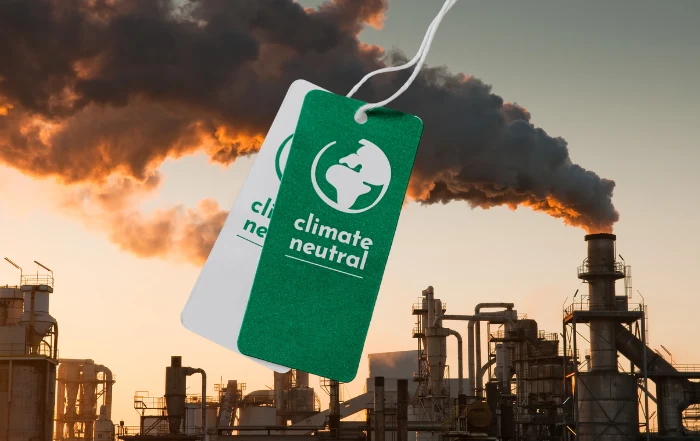Navigating the world of eco certifications can be overwhelming. With numerous labels and certificates claiming to signify sustainability, it’s essential to understand their meanings and implications.
In this article, we’ll break down various certifications, their goals, and whether they effectively achieve them.
We’ll also shed light on greenwashing practices, where certifications can be misleading. So, let’s dive in and explore the world of eco certifications.
Certification Levels: Basic to Platinum
One crucial aspect to consider when evaluating certifications is the different levels they offer.
For instance, Cradle to Cradle certification has various tiers, including basic, bronze, silver, golden, and platinum. These levels indicate the extent to which a product meets rigorous sustainability criteria.
As a product progresses to higher levels, it demonstrates a stronger commitment to environmental and social responsibility. Consumers seeking products with a greater positive impact can look for certifications at the golden or platinum level.
The RSPO Conundrum: Palm Oil and Sustainability
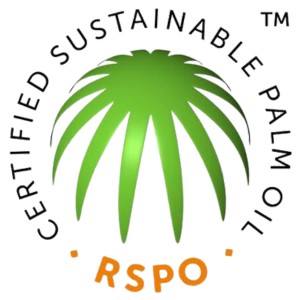
The Roundtable on Sustainable Palm Oil (RSPO) was established to push for more sustainable practices in the palm oil industry.
While it was intended to be a force for positive change, the RSPO has faced criticism for vague criteria, lack of transparency, and protecting corporations that fail to meet sustainability goals.
Reports have revealed instances of forest destruction and fraudulent practices within the industry, leading to concerns about the credibility of the RSPO label. While palm oil production requires fewer resources than other oils, overconsumption remains a pressing issue.
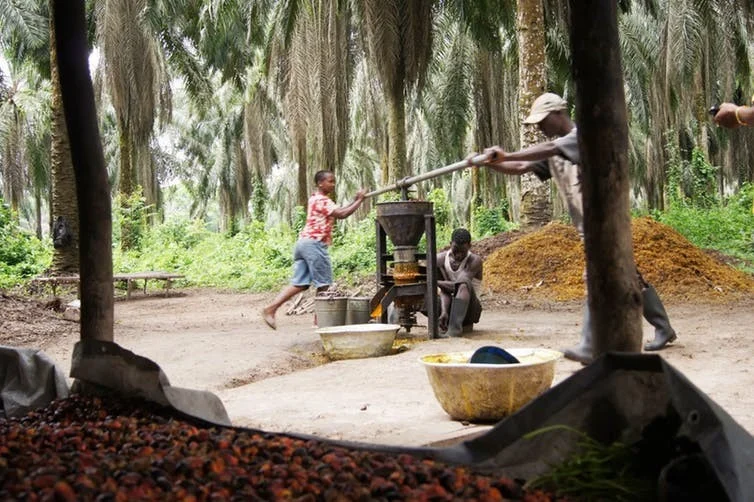
Rainforest Alliance: Striving for Sustainability
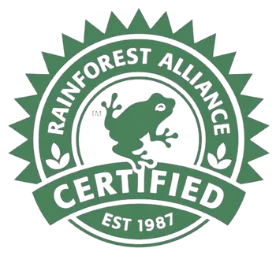
The Rainforest Alliance certification aims to promote sustainable farming practices and protect forests, wildlife, and local communities. However, stricter requirements have been gradually watered down over time, raising questions about transparency and effectiveness.
While the label provides some assurance of sustainable sourcing, there are concerns about labor rights, lack of time frames for farm improvements, and limited data on individual practices.
The Rainforest Alliance has made efforts to include workers’ rights in its standards, but there is room for improvement.
Cotton Certifications: Ecotex and GOTS
Ecotex encompasses different certifications, such as the Standard 100, Leather, and Made Green. However, it’s important to note that the Standard 100 certification does not indicate sustainability or worker rights. It focuses solely on the absence of harmful substances in garments.
The Global Organic Textile Standard (GOTS) offers two levels of certification based on organic material percentages. GOTS certifies the entire supply chain, providing transparency and accountability.
The Forest Stewardship Council (FSC): A Mixed Bag
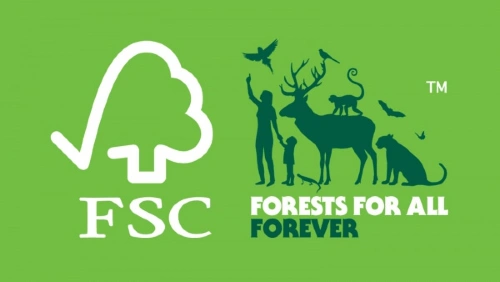
The Forest Stewardship Council was created to encourage sustainable forestry practices and protect biodiversity and local communities.
However, reports have revealed scandals involving FSC-certified timber being linked to illegal practices. The certification fees have also increased over time, favoring companies already operating in more environmentally regulated regions.
This inadvertently rewards companies that face fewer challenges in achieving sustainability. While the FSC has made positive contributions, the need for comprehensive change in business practices is apparent.
Better Cotton Initiative (BCI): Training and Guidance
The Better Cotton Initiative (BCI) was established to optimize cotton production. It provides training and guidelines for sustainable practices, but is not a certification body.
Products labeled with the BCI logo do not guarantee sustainability.
Some brands misleadingly market BCI-labeled products as sustainable, disregarding the distinction between training and certification. While BCI may be a step in the right direction, caution is necessary when interpreting its label.
Eco certifications play a crucial role in guiding consumers toward more sustainable choices. However, it’s vital to critically assess certifications and understand their limitations.
Greenwashing practices, vague criteria, and watering down of standards can hinder progress toward true sustainability.
By staying informed and demanding transparency, consumers can make more conscious choices and push for stronger, more reliable certifications that genuinely promote environmental and social responsibility.








